Reform & Rise: Empowering Change
A charitable foundation dedicated to rebuilding lives and restoring futures through comprehensive support and rehabilitation for individuals affected by the justice system.
150+
15
Community Support
Join Us
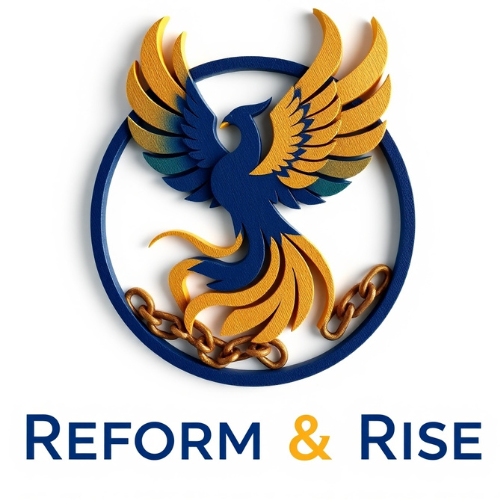

Reform Initiatives
Empowering individuals to rebuild lives and restore futures effectively.
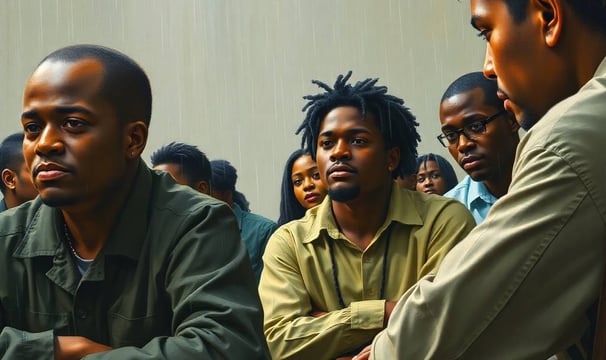

Recidivism (Reoffending & Reincarceration)
- Problem: Over 60% of released inmates are rearrested within 3 years (U.S. Bureau of Justice Statistics).
- Root Causes: Lack of job opportunities, untreated trauma, and systemic barriers (e.g., housing bans, parole restrictions).
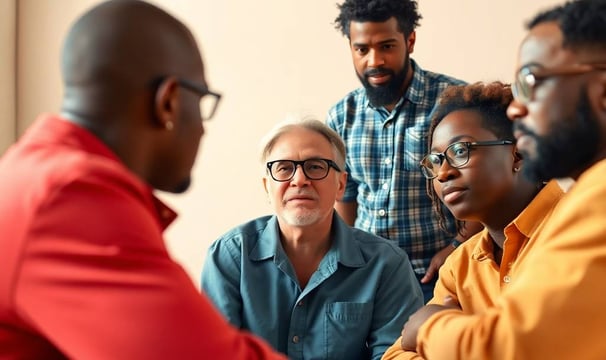

Relapse After Incarceration (Substance & Mental Health)
- Problem: Many inmates struggle with untreated addiction/mental health disorders.
- Barrier: Prisons often lack adequate counseling, and post-release rehab access is limited.
Rebuilding Lives Together
Our mission is to restore futures through support, education, and rehabilitation for those affected by incarceration.
Education and Literacy
Providing educational resources and literacy programs to empower individuals and reduce recidivism effectively.
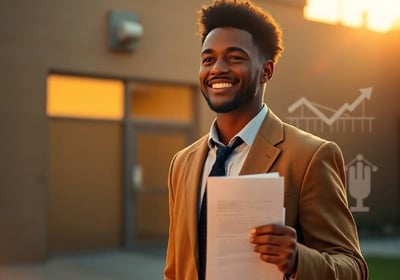

Support Networks
Building strong social support networks to help individuals reintegrate successfully into society after incarceration.
Offering comprehensive rehabilitation programs to address mental health and substance abuse issues for lasting recovery.
Rehabilitation Programs
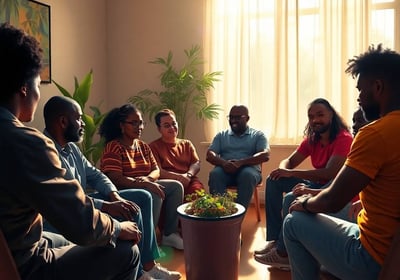

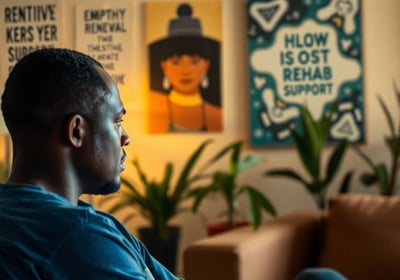



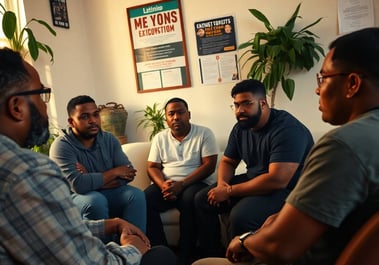

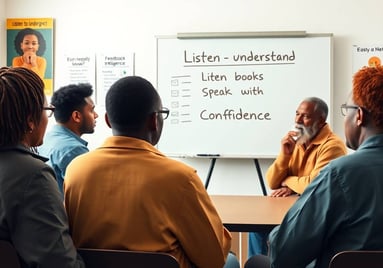

- Problem: Poor conflict resolution skills, emotional dysregulation, and societal stigma isolate ex-inmates.
- Effect: Hinders relationships, employment, and community trust.
Communication & Emotional Barriers
- Problem: Institutionalization makes adapting to freedom overwhelming (e.g., decision fatigue, tech gaps).
- Struggles: Simple tasks (e.g., using smartphones, interviewing) become barriers to reintegration.
Problem: "Felon" stigma bars fair hiring, even for qualified candidates.
- Stat: Former inmates face 50%+ lower callback rates for jobs (Harvard Study).
Acclimatization into Society ("Prisonization")
Paycheck for Prisoners
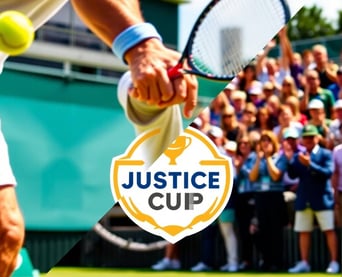



Yearly Tennis Tournament
Yearly Dinner Art Auction
Big Sister Program
The proceeds of the Dinner Art Auction along with dancing as entertainment is a supporting initiatives to raise funds which will go towards purchasing of branded T-shirts and caps for members.
A Big Brother-style mentorship program is vital for societies to help prevent demographic incarceration—the disproportionate imprisonment of certain racial or socioeconomic groups. These programs provide positive role models, emotional support, and guidance to youth who may lack stable mentorship at home. By fostering self-esteem, educational achievement, and life skills, such initiatives reduce the risk of involvement in crime or the justice system. Ultimately, they break cycles of poverty and marginalization, creating more equitable opportunities and safer communities.
A Big Sister program is essential to help prevent demographic incarceration by offering mentorship and support to young girls, especially those from marginalized communities. These programs connect them with positive female role models who guide them through challenges like peer pressure, trauma, and limited access to resources. By building confidence, encouraging education, and promoting healthy decision-making, Big Sister programs reduce the likelihood of at-risk girls becoming involved with the criminal justice system. They help break generational cycles of inequality and empower young women to pursue brighter futures.
Justice Cup Tournament
Reform and Rise hosts Tennis Tournament to raise for underprivileged members to source educational supplies.
Branding and Marketing Member Products
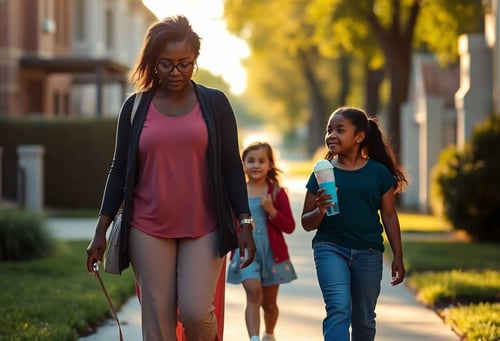

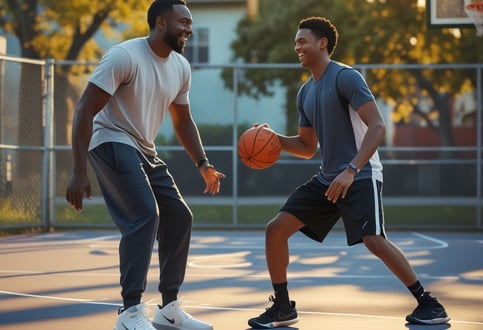

Big Brother Program
Reform and Rise will assist in creating professional logos, barcodes to ensure that member products are Shelf-ready. Reform and Rise will assist in creating professional logos, barcodes to ensure that member products are Shelf-ready. Reform and Rise will assist in creating professional logos, barcodes to ensure that member products are Shelf-ready.
Target Audience
Reform & Rise's Target Audience work spans multiple groups, each critical to breaking the cycle of recidivism and ensuring successful reintegration. Here’s a breakdown of the primary and secondary audiences:
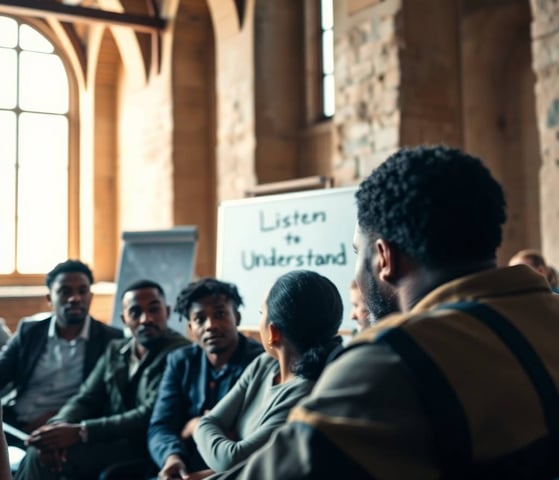

Primary Audience (Direct Beneficiaries)
A. Currently Incarcerated Individuals
- Who: Prison inmates eligible for rehabilitation programs.
- Needs: Skills training (vocational/literary), mental health support, and pre-release preparation.
- Goal: Equip them with tools to avoid reoffending and transition smoothly post-release.
B. Recently Released (Formerly Incarcerated)
- Who: Ex-inmates (0–3 years post-release).
- Needs: Employment, housing, mentorship, and social support.
- Goal: Reduce recidivism by addressing reintegration barriers.
C. At-Risk Populations
- Who: Individuals in marginalized communities with high incarceration rates.
- Needs: Early intervention (education, job training, conflict resolution).
- Goal: Prevent first-time offenses through opportunity creation.
Secondary Audience (Support Ecosystem)
A. Employers & Businesses
- Who: Companies open to "fair chance" hiring
- Role: Provide jobs, sponsor vocational programs, or sell inmate-made products.
- Goal: Combat employment discrimination and economic exclusion
B. Families of Incarcerated Individuals
- Who: Spouses, children, and parents affected by incarceration.
- Role: Rebuild trust, participate in therapy, and advocate for reform.
- Goal: Strengthen post-release support networks.
C. Policymakers & Government Agencies
- Who: Legislators, prison officials, and social services.
- Role: Reform laws (e.g., ban-the-box, prison education funding).
- Goal: Systemic change to support rehabilitation.
D. General Public & Consumers
- Who: Ethically conscious shoppers, donors, and volunteers.
- Role: Buy inmate-branded goods, donate, or mentor.
- Goal: Shift societal perceptions of justice and redemption.
E. Educational & Arts Institutions
- Who: Schools, libraries, and writing groups.
- Role: Host literary workshops, publish inmate writings.
- Goal: Amplify voices and reduce stigma.
F. Mental Health & Rehab Professionals
- Who: Therapists, social workers, and addiction specialists.
- Role: Provide counseling and relapse prevention.
- Goal: Address trauma and substance abuse cycles.
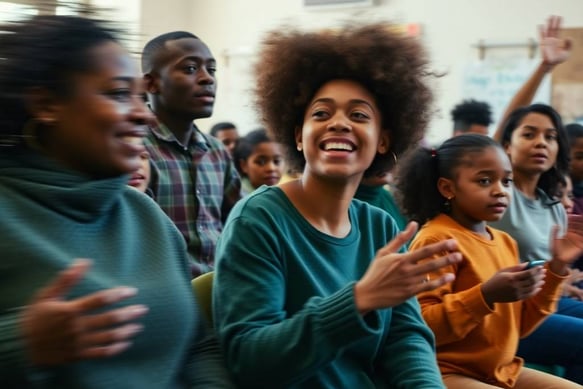

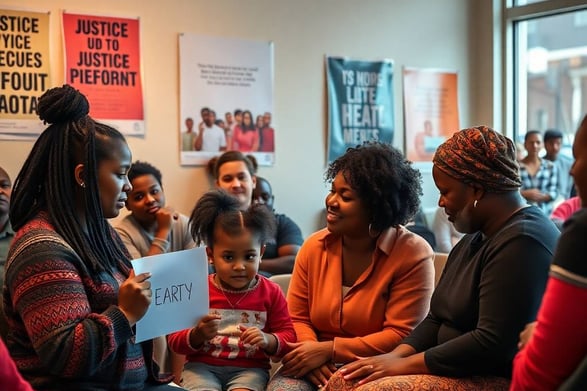

Goals
Reform & Rise Addresses These Issues:
- Recidivism: Post-release mentorship, jobs, and housing aid.
- Illiteracy: Prison workshops (writing, financial literacy).
- Relapse: Partnerships with rehab centers.
- Communication: Therapy + soft-skills training.
- Acclimatization: "Freedom Prep" courses (tech, resumes, laws).
- Rehab Gap: Advocacy for prison program reforms.
- Employment Bias: "Fair Chance" employer partnerships.
- Social Support: Family reintegration programs.
- Legal Barriers: Policy reform campaigns.
- Economic Justice: Branding inmate products for fair wages.
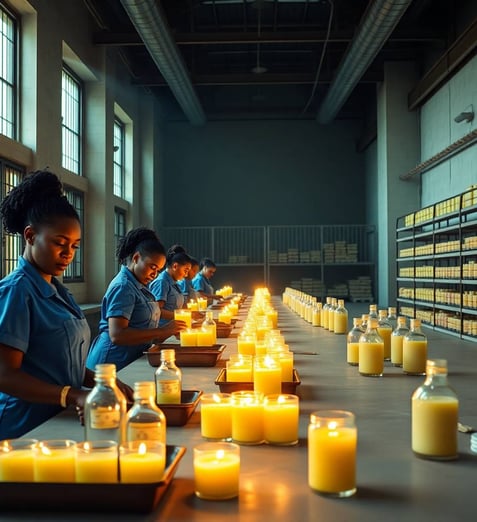

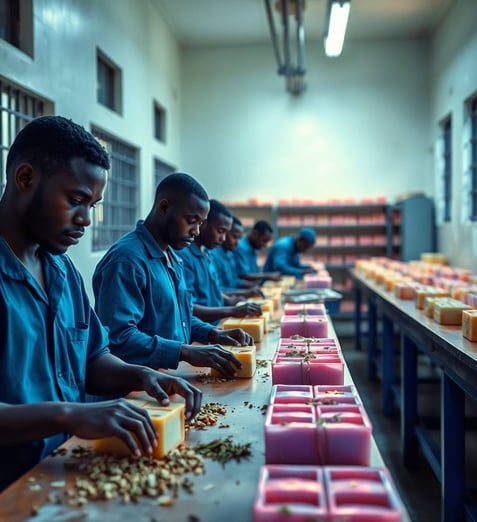

Contact Us
Reach out to us to learn more about how we can rebuild lives and restore futures.
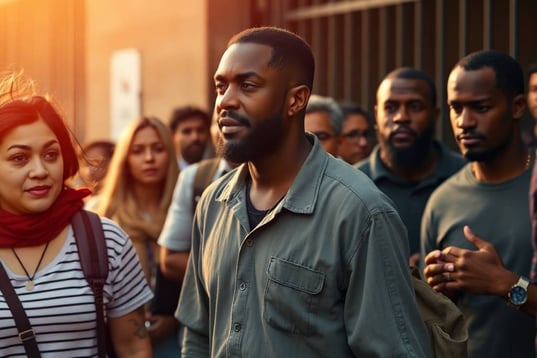

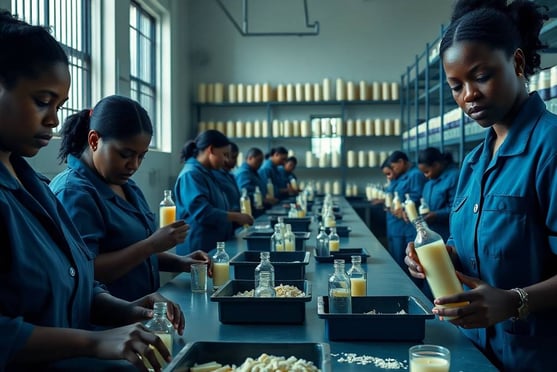

Non Goals
Objectives Outside Reform & Rise’s Scope
To maintain focus and clarity, Reform & Rise intentionally does not address the following:
1. Prison Abolition or Penal System Dismantling
- Why: While systemic critiques are valid, the NGO works within the current structure to improve rehabilitation—not eliminate prisons.
2. Political Activism or Partisan Advocacy
- Why: Nonpartisan in approach; focuses on policy reform (e.g., fair hiring laws) but avoids electoral campaigns or ideological debates.
3. Legal Defense or Overturning Convictions
- Why: Does not provide legal aid, appeals support, or prison exoneration efforts (refers to partner orgs).
4. Victim Advocacy or Restorative Justice Mediation
- Why: Prioritizes offender rehabilitation; victims’ services are handled by specialized organizations.
Non Goals Cont'd
5. Prison Conditions Protests (e.g., Solitary Confinement, Overcrowding)
- Why: Indirectly impacted via reform advocacy but not a primary focus (e.g., prioritizes post-release success over in-prison activism).
6. Law Enforcement Training or Police Reform
- Why: Concentrates on post-sentencing support, not policing practices or arrest diversion.
7. International Prison Systems
- Why: Focuses on domestic (e.g., Caribbean.) incarceration unless partnering with global NGOs for knowledge-sharing.
8. Welfare or General Poverty Alleviation
- Why: Targets incarceration-specific barriers (e.g., felony discrimination) but does not address broader poverty without ties to recidivism.
9. Religious or Faith-Based Rehabilitation
- Why: Programs are secular to ensure inclusivity (may partner with faith groups but not evangelize).
10. Armed/High-Risk Offender Reintegration
- Why: Prioritizes non-violent or low-risk offenders due to resource limits and public trust concerns.




